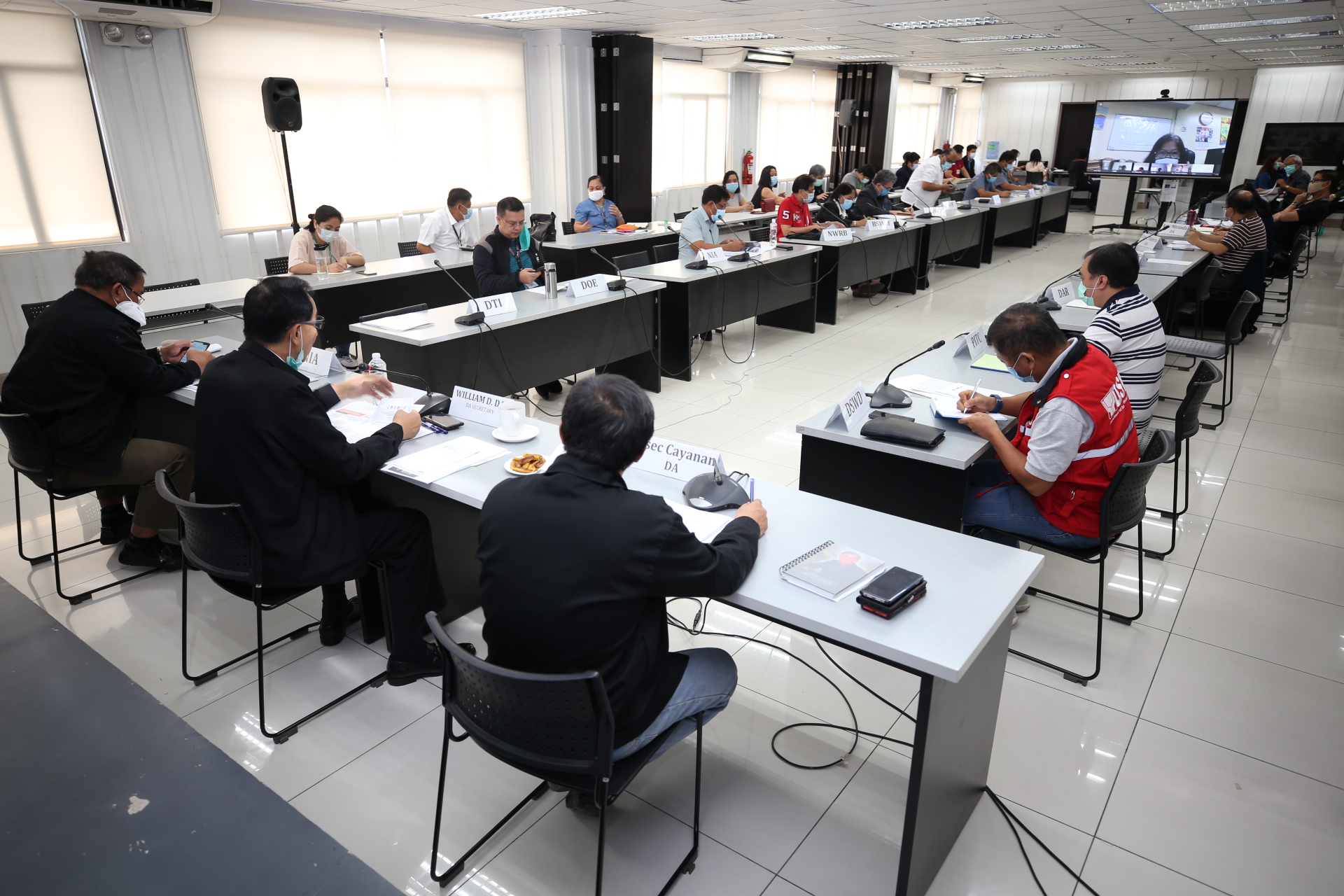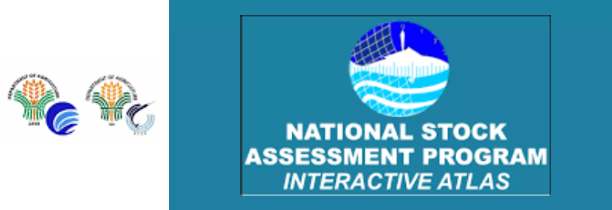
The Department of Agriculture (DA), as chair of the Task Group on Food Security (TGFS), recently got the nod of the Interagency Task Force for the Management of Emerging Infectious Diseases (IATF) to pursue its Food Security Development Framework (FSDF) as it leads the country’s agriculture sector towards the ‘new normal’ era.
Agriculture Secretary William Dar said “the framework aims to provide the overall vision and high-level goals for the sector to attain in the immediate and short-term. It focuses on five objectives of food production, namely: availability, accessibility, affordability, price stability, and food safety.”
In view of the COVID-19 pandemic, the FSDF identifies strategic areas for each TGFS member-department to focus on in the next six months and onto 2021.
Chaired by the DA, the TGFS is currently composed of 20 national departments and agencies, to name a few: the departments of trade and industry (DTI), interior and local government (DILG), social welfare and development (DSWD), agrarian reform (DAR), environment and natural resources (DENR), budget and management (DBM), education (DepEd), science and technology (DOST), energy (DOE), and National Economic and Development Authority (NEDA).
“To attain the overall vision of a food-secure and resilient Philippines with prosperous farmers and fishers, we will operate on five core strategies on farm consolidation, modernization, industrialization, export promotion, and infrastructure development. Each member-agency of the TGFS will implement these based on their mandate,” Secretary Dar said.
He added that they will put a premium on inter-agency resource complementation and coordination through the TGFS cross-functional sub-groups to expand the government service reach and time period.
At present, the TGFS has four sub-groups on: food resiliency, energy, food value chain and logistics, and water.
“We expect these sub-groups to work in harmony so that we could maximize our resources in reaching out to more beneficiaries as we go through our planning and operations.
“The concepts we are using incorporate the eight paradigms of the ‘new thinking for agriculture’ that we introduced early on, aimed at modernizing the agriculture sector, increasing productivity and profit and, mainstreaming smallholder farmers and fisherfolk in the food supply chain,” he said.
Upon assuming the DA post, in August last year, he introduced the ‘eight paradigms’ in agriculture that include broad strokes on intensive crop diversification, farm clustering and inclusive agribusiness, science-based farming, soil health and water management, integrated post-harvest processing, and value chain integration.
“As the food security development framework outlines the national government’s immediate action points and ‘rebound’ mechanisms, we will strengthen partnerships with local government units, farmers’ groups and cooperatives, agricultural state universities and colleges, and the private sector. Also, we will localize project management and establish responsive feedback at ground-level to capacitate the underserved and vulnerable communities, at all times,” Dar added.
Finally, the TGFS will outline an operational plan that puts all concepts into specific programs, projects, and activities that translate into action the Duterte government’s response to address the disruptions and challenges, including inefficiencies in the supply chain, losses in incomes and livelihood opportunities, and health risks due to the Covid-19 pandemic.
“Together, we can do this. Together, we will act, win, and heal as one,” the DA chief concluded. ### (Myriam Layaoen, DA StratComms)













